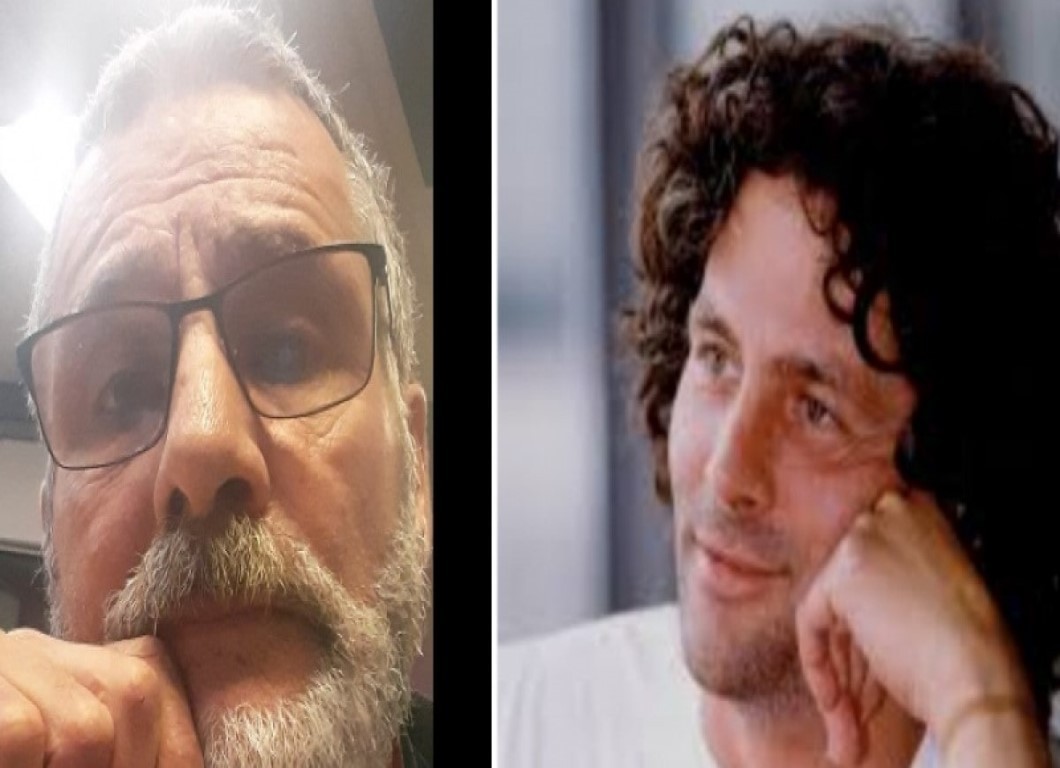David Milgaard served 23 years in prison for a crime he did not commit
By: Charlotte Hui
In January 1969, 16-year-old David Milgaard and his friends Ron Wilson and Nichol John visited their friend Albert Cadrain in Saskatoon. A 20-year-old nursing student, Gail Miller, was found dead near Cadrain’s home.
Police focused on David Milgaard and his friends as they tried to solve the case quickly. To clear his name and help with the investigation, Milgaard turned himself to police in Prince George, British Columbia, but they sent him back to Saskatoon and charged him with Miller’s murder.
Milgaard’s friends Wilson, John, and Cadrain were coerced by the police to make false statements, saying that he had seen Milgaard return in his bloody clothes after Miller’s murder.
On January 31, 1970, based on the testimony of Wilson, John, and Cadrain, Milgaard was found guilty of murder at age 17 and sentenced to life in prison. He was later raped and attempted suicide in prison. Milgaard appealed his conviction several times, and on July 18, 1997, a British DNA laboratory issued a report confirming that semen samples on the victim’s clothing did not come from Milgaard. Finally, on May 17, 1999, the governments of Canada and Saskatchewan awarded Milgaard $10 million in damages for pain and suffering, lost wages, and legal fees. David Milgaard passed away yesterday at the age of 69.
“It was the most terrible, terrible moments in my life when the justice department just messed things up so terribly for me,” Milgaard said.
“Getting out of prison for a person that’s been in there a while is not an easy thing to do.”
Since Milgaard’s release, he has worked to support the wrongly convicted. He is a Human Rights defender, and his picture is in the Canadian Journey’s Gallery at the Canadian Museum for Human Rights.
There are many people like David Milgaard in the world, and the federal government should introduce more regulations to address the problem of wrongful convictions. The government needs to have better processes installed to review the procedures of law enforcement agencies, provide rigorous training for police officers, and speed up the compensation process for those who have been wrongly convicted.









